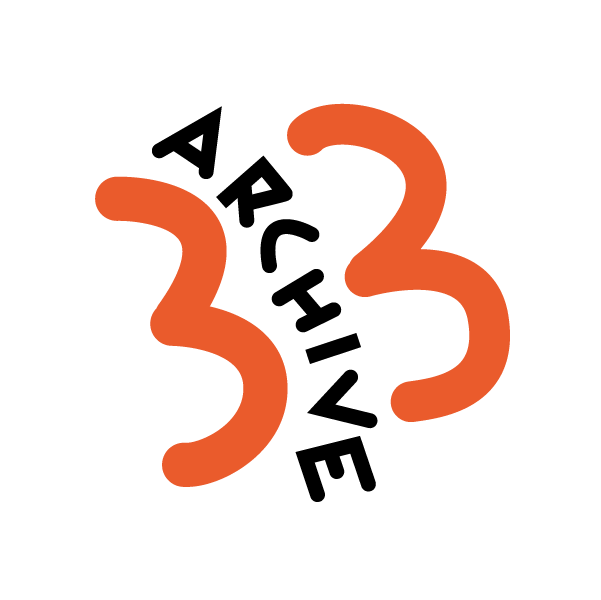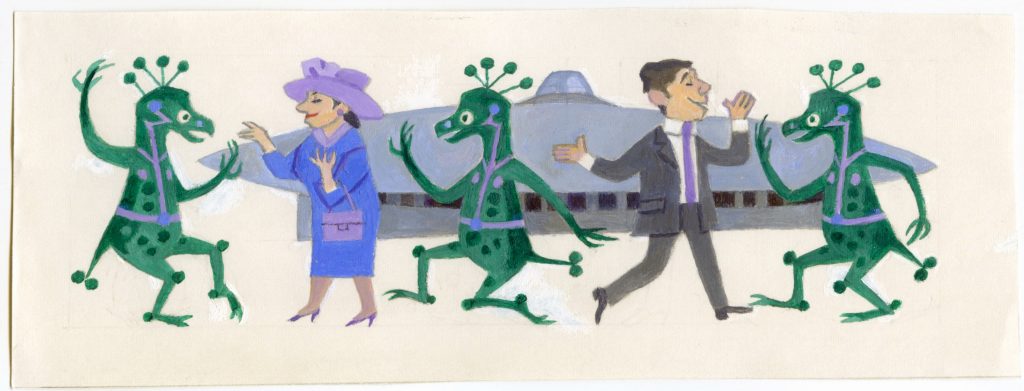My archiving practice brings together a bunch of my core interests:
- DIY tactics for making and preserving histories
- Talking and listening as methods for radical world-making
- Belonging and community
- The politics of knowledge production and ownership, considering who and what gets remembered, and why
- The sociology of queer, fat lives
- My ageing self and life stories
Archives have been central to my scholarship and my cultural work is held in institutional archives, such as Bishopsgate. I manage my personal archive and sometimes work on community projects. I’ve included oral history here too.
33Archive

This is my own archive of DIY culture, fat activism, queer, trans and poly lives in East London. It contains my life’s work as well as personal papers, documents, correspondence, artwork, photographs and audio-visual material.
Community histories
I have instigated and contributed to a number of projects concerning fat, feminist, queer and trans identity.
Fat Liberation Archive (2022)
I support A Fat Liberation Archive and some of my work appears within it.
A Walk Around Fat Activist London (2016)
Emma Thatcher and I made a video to support my book Fat Activism: A Radical Social Movement. A Walk Around Fat Activist London takes viewers on a whirlwind trip around some of the capital’s hidden fat activist landmarks.
Speak Out London (2015)
Clare Summerskill interviewed me about my queer life for this community led LGBTQ+ Oral History project. It was supported by the Heritage Lottery Fund, London Metropolitan Archives and City of London Corporation.
Stewart’s Paintings (2013)

Stewart’s Paintings is a project based on my friendship with Stewart Irwin. I met Stewart whilst working on Before Stonewall. Stewart died in 2012, and I became the custodian of 20 paintings that he produced circa 1986-2006. These paintings are what remained after friends and family took what they wanted from his larger body of work. I decided to distribute them for free amongst queer people in the UK as a means of generating ideas about intergenerational queer kinship and inheritance. Stewart’s Paintings, launched in 2013, documents this process, and serves as a digital archive for the images.
Olympic Legacy Walks in E15 (2012)
I used my knowledge as a sociologist and long-term resident of E15 to facilitate guided history walks around Stratford. They invited people to reflect on the effects of mega-events such as the Olympics. The walks were designed to enable people to engage with the inconsistencies between official rhetoric and lived reality of the Games and their aftermath. Participants included students from Liverpool John Moores University.
Before Stonewall (2003)
I was employed as an oral history worker to record the life stories of older lesbian, gay, bisexual and trans people on video for a major national archive. The project helped preserve community accounts of LGBT+ people’s lives in the UK before the gay liberation movement.
I was part of a small team, supported by the Heritage Lottery Fund and administrated by Gay and Lesbian Arts and Media in Brighton. We travelled across the UK, gathering oral histories of lesbian, gay, bi and trans people aged 55 and over. We trained a cohort of community oral historians. Between us we recorded over 100 interviews on video.
These video tapes can be accessed via the British Library in London.
What people talked about:
60s counterculture, abortion, academia, acceptance of sexuality, acting, activism, AIDS, alcoholism, alternative relationships, army life, Australia, the baby boom, Bears, becoming a rabbi, being a married lesbian, being a refugee, being a tomboy, being an immigrant, bisexuality, blackmail, Brighton, butch identity, butch/femme, Campaign for Homosexual Equality, childhood abuse, class, the closet, coded sexuality, The Coleherne, coming out, coming out later in life, cottaging, criminalisation, criminality, cruising scene, depression, developing lesbian trans identity, diaries, early gay media, early relationships, early sexual experiences, the European scene, falling in love, family, fear of exposure, feminism, gay publishing, gay relatives, gay rights, gay subcultures, Gay Sweatshop, gender identity, generational differences, girlfriends, The Gay Liberation Front, hidden relationships, high society, gay parents, The Gateways, illegality, internalised hatred, Joe Orton, The Labour Party, law change, lesbian feminism, lesbian life in the military, maintaining a secret relationship, Manchester, marriage, medical experiments, medicalisation of homosexuality, meeting partners, mental health, mental illness, military life, the Montague case, Nazism, New York, non-monogamous relationships, Norwich, Notting Hill, nursing, older gay men, Oxford, parenthood, partnership rights, party scene, The Peace movement, police harassment, political life, pornography, private education, psychology, public life, queerbashing, relationships, religion, Zimbabwe/Rhodesia, secrecy, self-esteem, sex, sex codes, sex work, showbiz, SM, Spare Rib, Sexually Transmitted Diseases, struggling with identity, suicide, Tanzania, teaching, theatre, trade unions, travel, using contact advertisements, The US in the 1950s, US/UK culture , venereal disease, Victim, violence, Wales, wartime, the women’s liberation movement, women’s status, work.
Before Stonewall was life-changing. I am forever indebted to the people who consented to an interview, and who enabled me to recognise myself as part of a long genealogy of queer people.